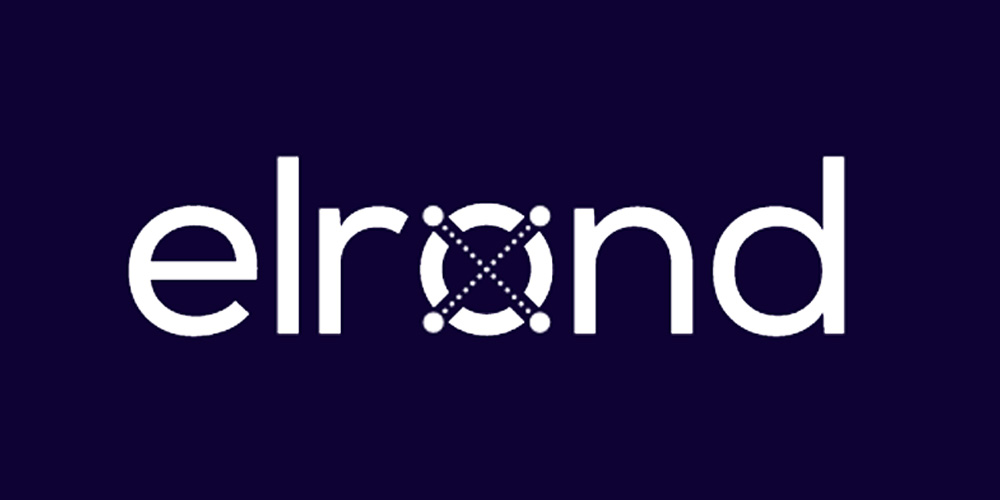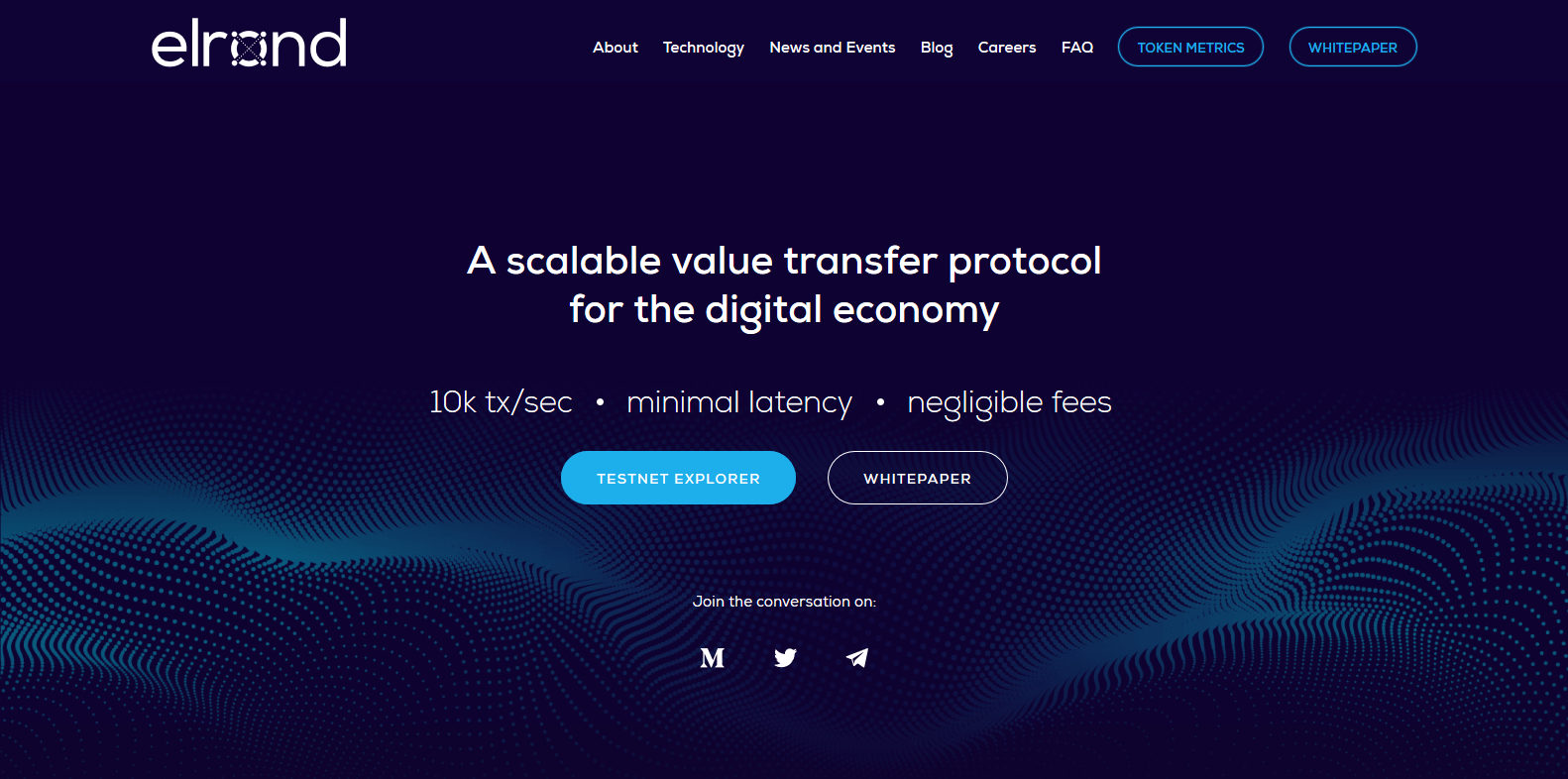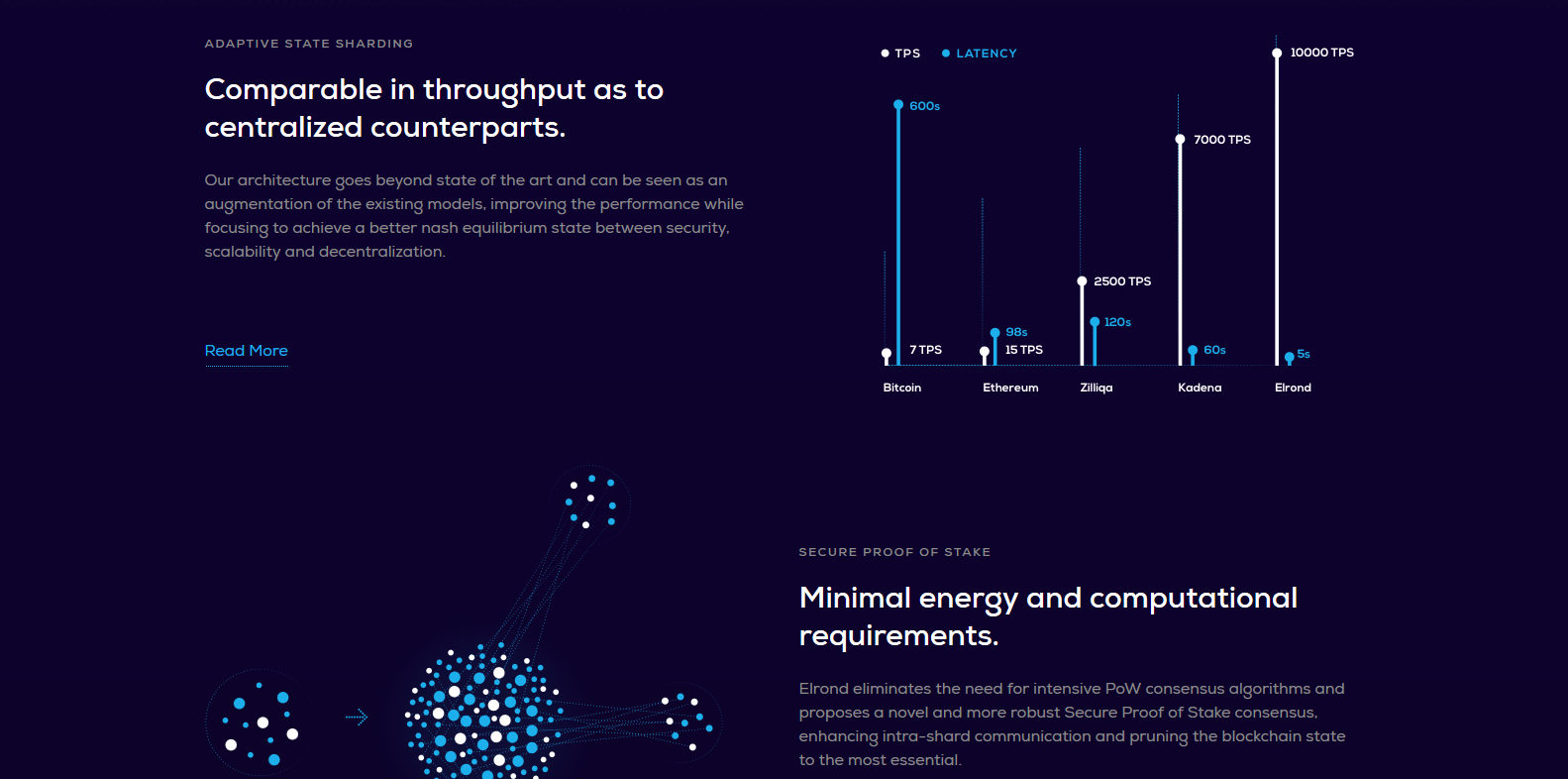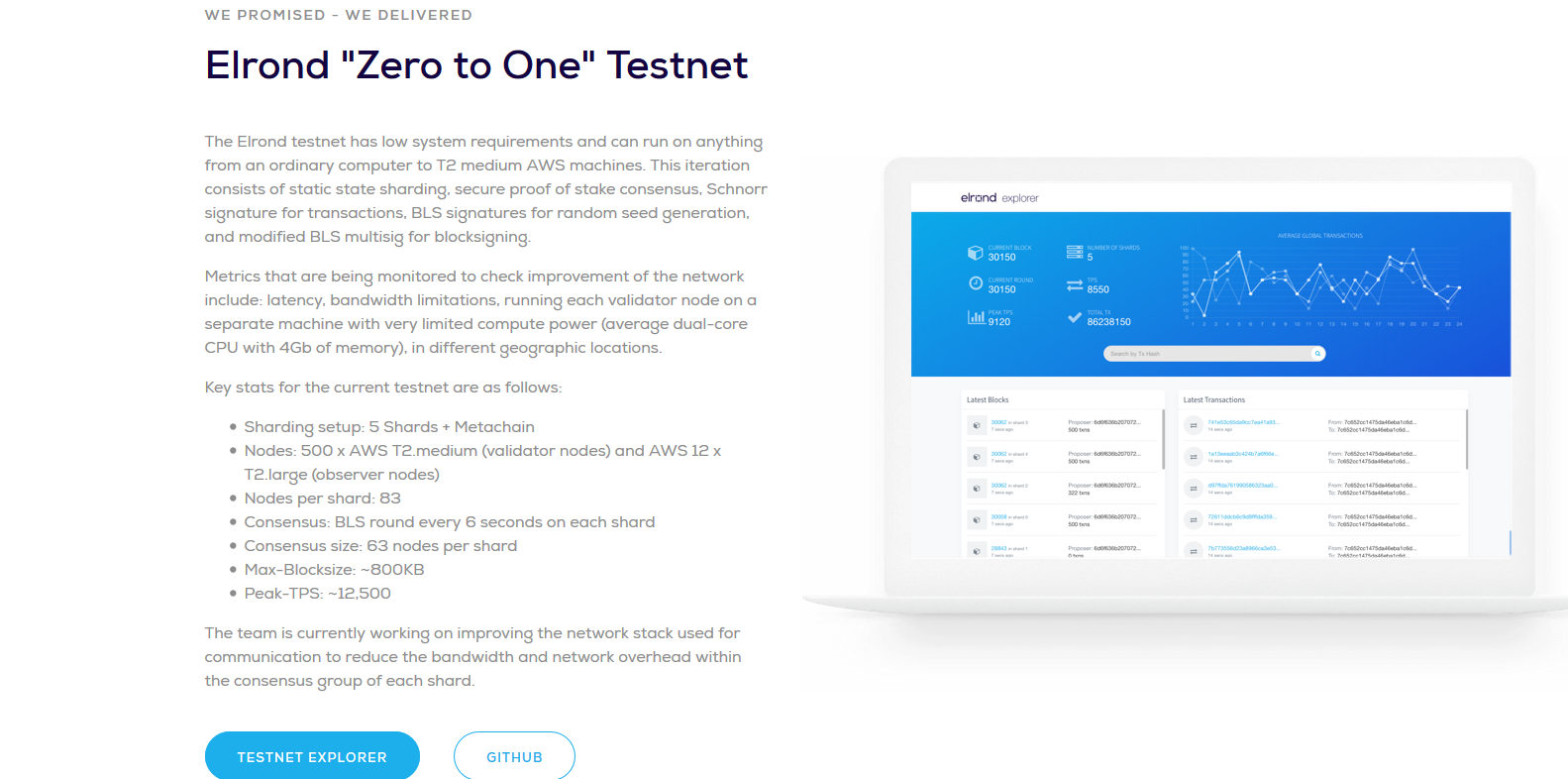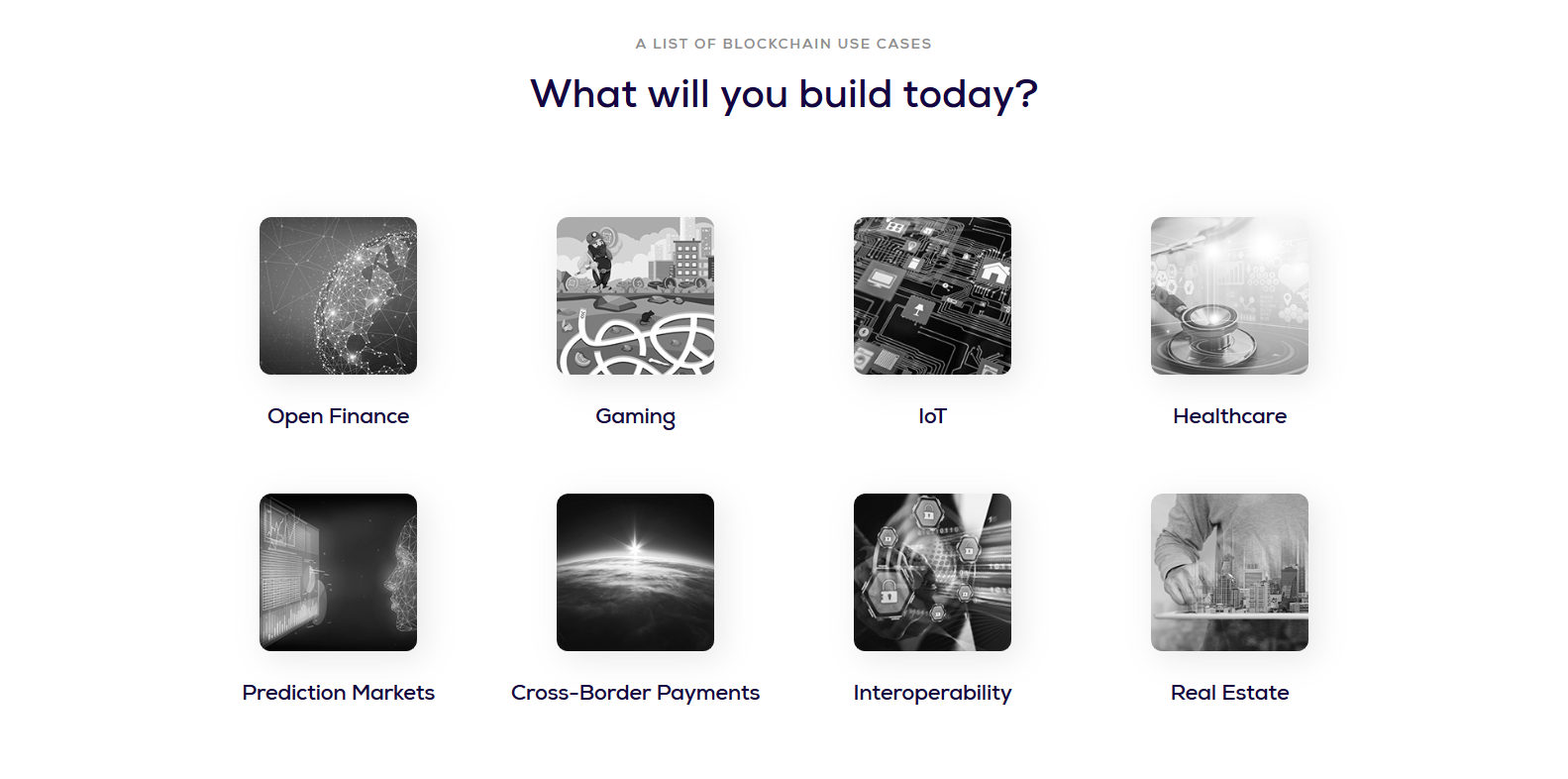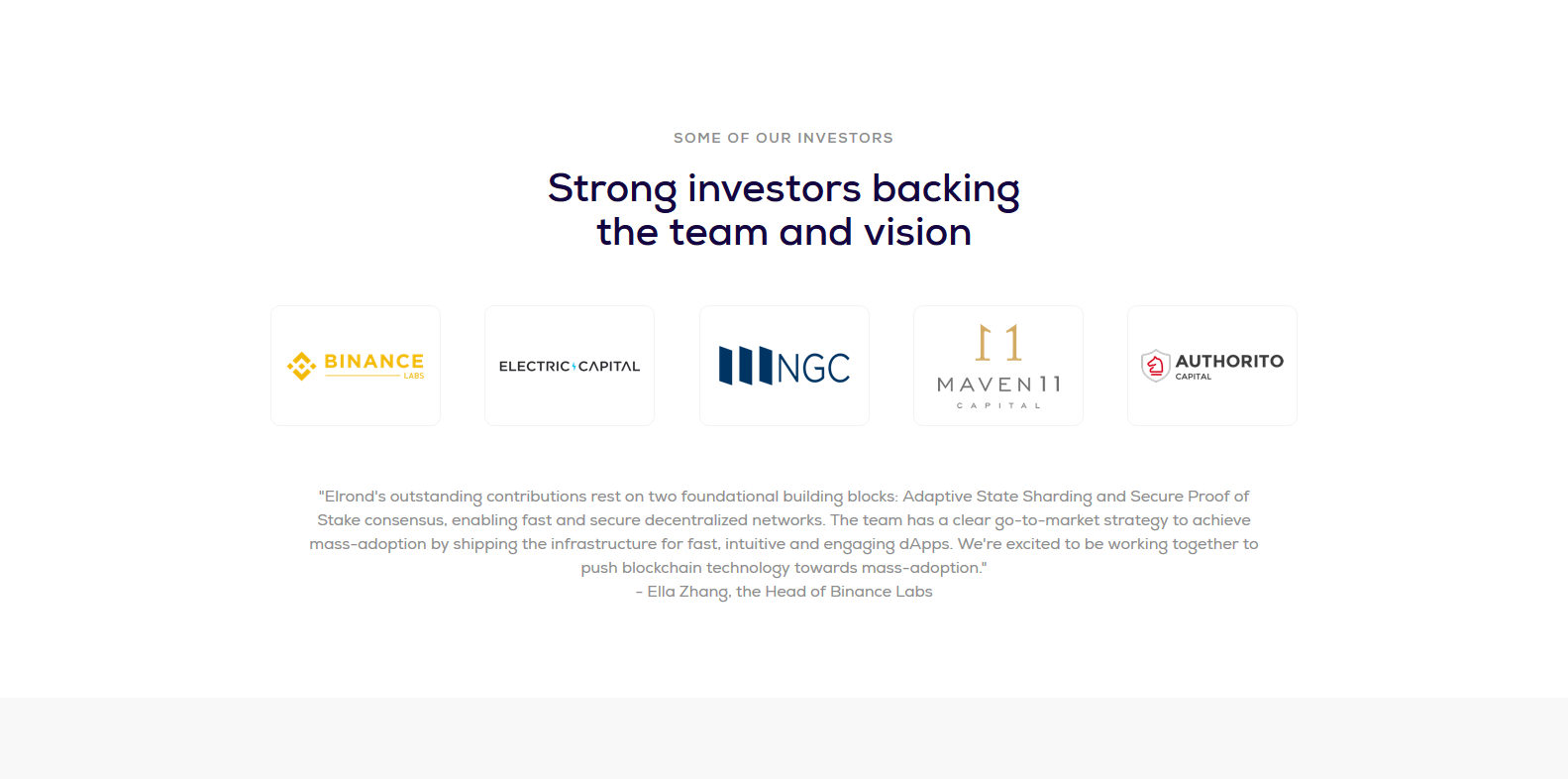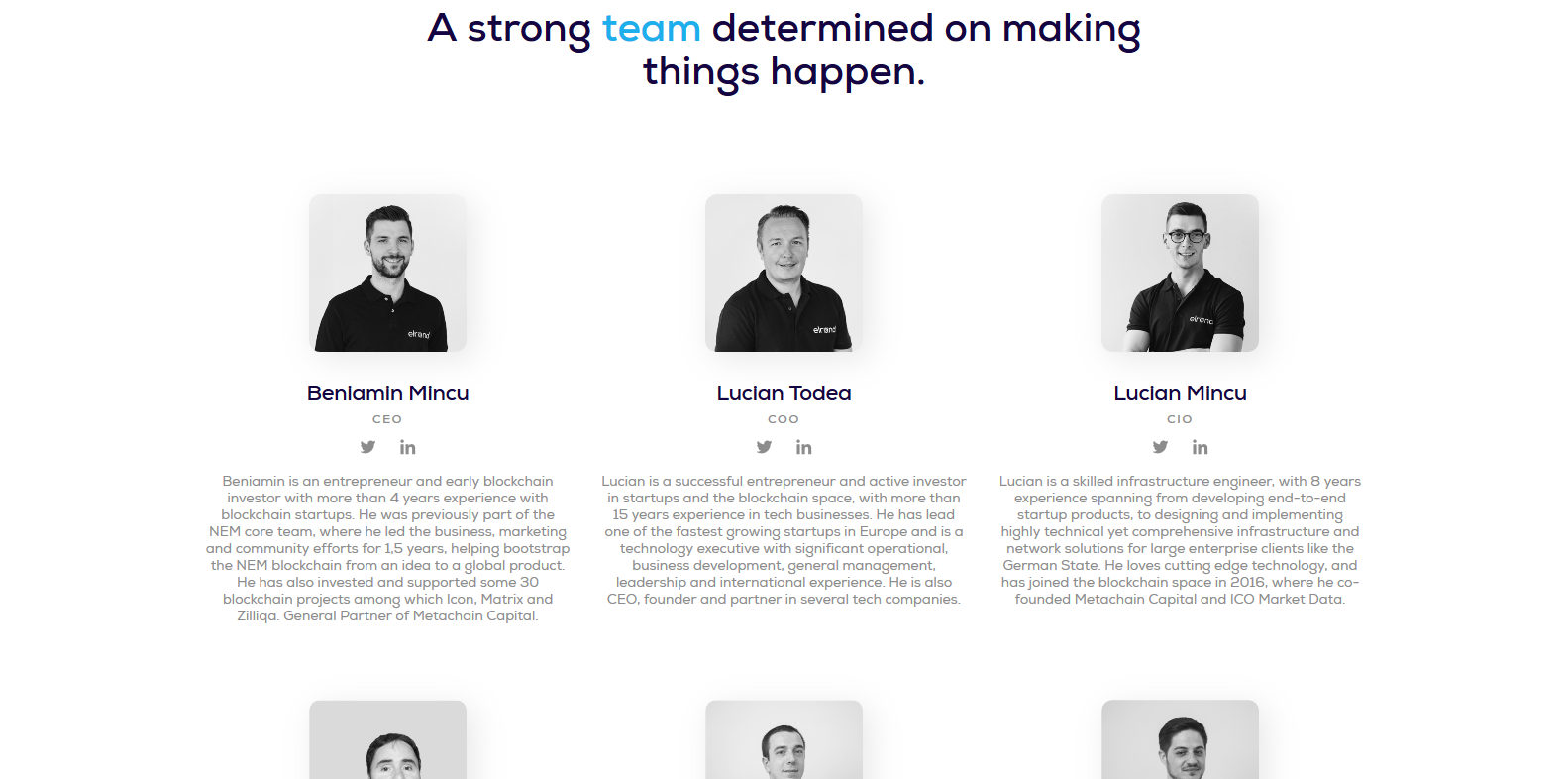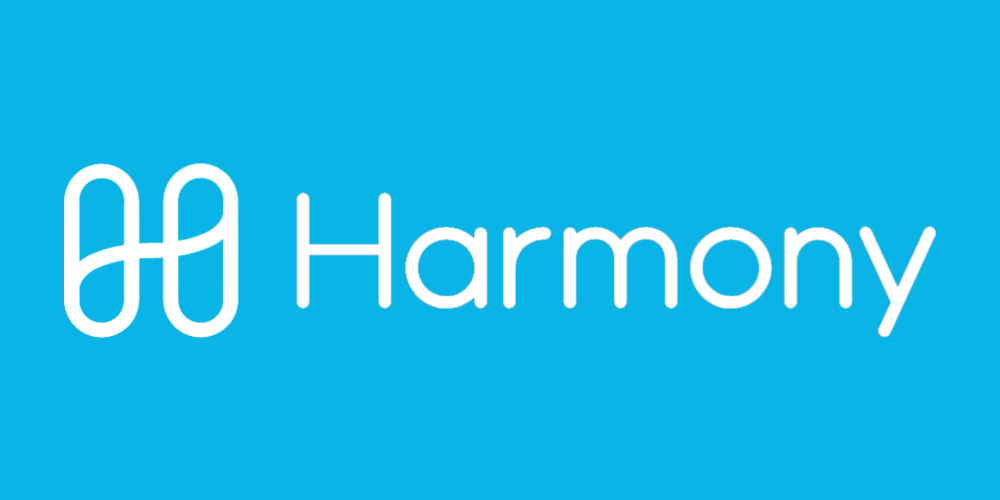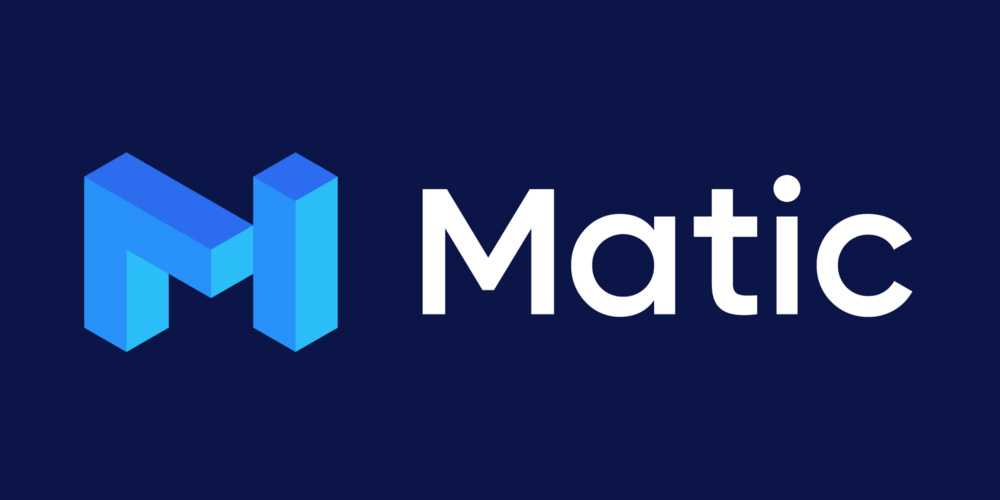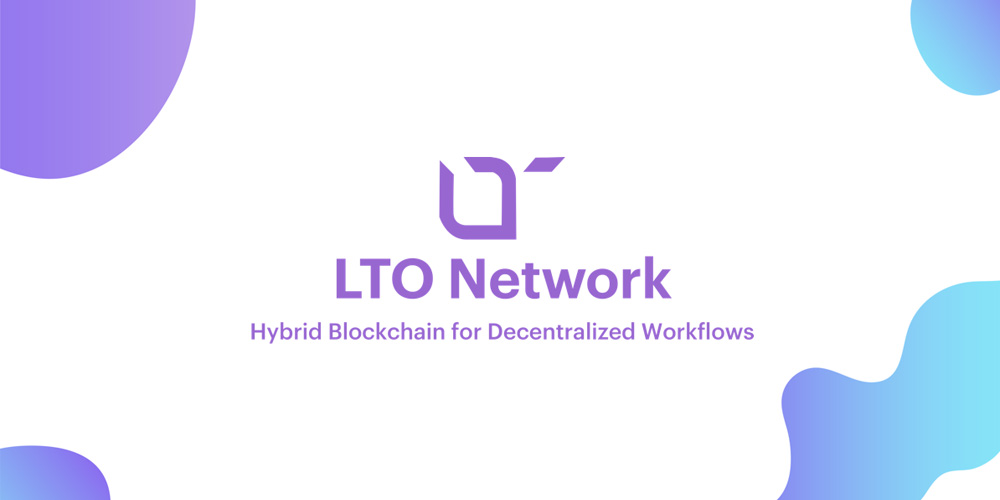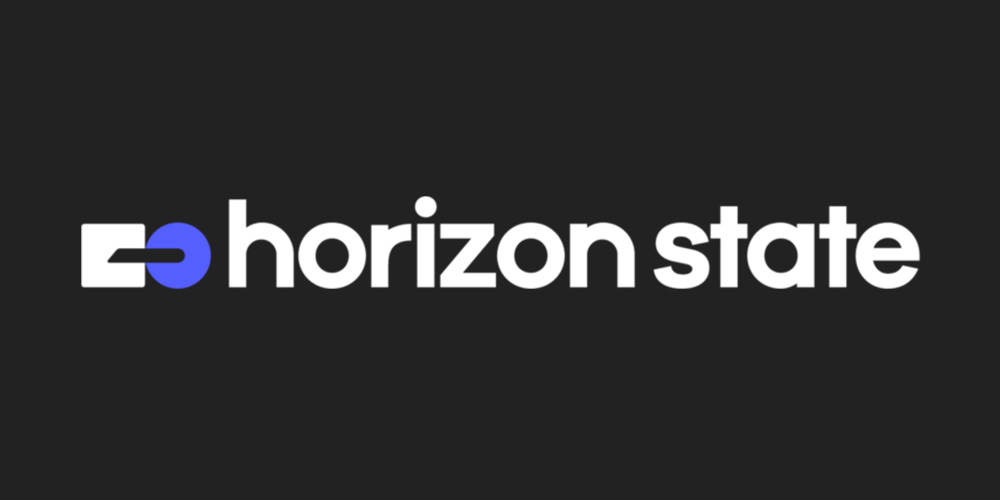BEP2 Token
A few decades after its invention, the internet has brought compounding improvements in speed and bandwidth of communication, instant access to the world’s knowledge, rapidly increasing rate of innovation, and hence, a growing global economic output.
But with the near omnipresent surveillance tools, increasingly potent behavioral impact of technology, and worrying concentration of power in the hands of a few tech giants, the crucial necessity for a new layer of the internet becomes evident. One preserving the instrumental benefits enabled by technology, yet limiting its potentially restrictive inclination by means of decentralization.
Elrond is at the forefront of this major shift in core internet infrastructure, empowering a higher level of social scalability through sovereign digital ownership, data privacy, unstoppable censorship-resistant applications, novel digital economies and governance models.
- Energy Efficient – Elrond eliminates the need for intensive PoW consensus algorithms and proposes a novel and more robust Secure Proof of Stake consensus, enhancing intra-shard communication and pruning the blockchain state to the most essential.
- Enhanced Security – Elrond introduces an improvement which adds security and reduces latency, allowing each node in the shard to determine the members of the consensus group (block proposer and validators) at the beginning of a round. This is possible because the last block’s aggregated signature is used as the randomization factor.
- Blockchain Interoperability – The Elrond Virtual Machine’s implementation will hide the underlying architecture isolating the smart contract developers from system internals ensuring a proper abstraction layer. In Elrond, cross chain interoperability can be implemented by using an adapter mechanism at the Virtual Machine level. This approach requires specialized adapters for each chain that is non EVM compatible and wants to operate with Elrond.
“Elrond is the first highly scalable public blockchain that uses the newly proposed Secure Proof of Stake algorithm in a genuine state-sharded architecture to achieve VISA level throughput and confirmation times of seconds.”
Positives
- Elrond is the latest player in the race to provide developers and decentralized applications with platforms that can serve thousands of users at the same time whilst maintaining network security in the most efficient way possible. Boasting incredible partnerships with leading blockchain technology companies like Chainlink, Holochain and Nash, Investors such as Binance Labs, NGC and Electric Capital and a storied roadmap that dates back to late 2017, Elrond have hit the scene at a time where innovation in blockchain performance is desperately needed and they’re ready to show off what they can do.
- Using Adaptive State Sharding and their Secure Proof of Stake consensus method, Elrond have achieved speeds of up to 3,750 transactions per second on a single shard running on their Testnet. While impressive enough, the ability for Elrond to service multiple chains and provide interoperability for decentralized applications is far more exciting and in the long-term, far more important if we’re to see decentralized applications garner any mainstream audiences. Right now the Dapp scene is fragmented, slow and has most Developers sitting on their hands. Elrond provides Cross-chain interoperability, lightning fast speeds and security through a more secure “SPoS” consensus method that punishes bad actors through a rating system. Elrond is so confident in the technology that they’ve even included a section on their website that positions themselves against current solutions such as Ethereum, Zilliqa and Algorand. If that’s not confidence we don’t know what is. Although relatively similar to projects such as Harmony and Matic, at least from a more basic perspective, Elrond still manages to impress from a technical standpoint and with the “Elrond Game Dapp” scheduled for release in Q3 2019, we’re excited to see this technology in action.
- The Team behind Elrond is just another element of why it remains unique against similarly focused projects in this space. Beniamin Mincu (CEO) was previously part of the NEM core team, where he led the business, marketing and community efforts for 1,5 years, helping bootstrap the NEM blockchain from an idea to a global product. Lucian Mincu (CIO) is a skilled infrastructure engineer, with 8 years experience spanning from developing end-to-end startup products, to designing and implementing highly technical yet comprehensive infrastructure and network solutions for large enterprise clients like the German State. Adian Dobrita (Engineering) has worked for leading companies such as Intel, ST-Ericsson, Continental, developing industry-grade embedded software in areas such as mobile and automotive. A Team of 18 members is usually pretty standard when we’re looking at blockchain projects, but the wealth of experience here shows us that Elrond has more than enough talent looking after it. We highly recommend you take the time to look into some of the full list of Team Members.
- Some of the partnerships Elrond have secured are very impressive. While we’d love to see some decentralized applications running on Elrond, their partnerships with Nash, Netopia Payments, Smartbill and more recently Holochain and Chainlink make it pretty evident that the Elrond Team are powering ahead with partner networking to improve their repertoire of use-cases and capabilities. Due to the interoperable nature of Elrond, the partnerships they can secure are not limited to one particular blockchain and aren’t locked into a bias where they serve one ecosystem and not another. With Nash running on NEO, Chainlink running on their own Mainnet and Holochain approaching blockchain technology from an entirely unique perspective, it’s incredible to see how willing Elrond are to explore various solutions and connect currently disconnected platforms. While we’ve criticized similar projects for lacking in the partnership/networking department, we can’t lay the same criticisms on Elrond. Great stuff.
- Despite the similarities to other projects that recently launched via the Binance Launchpad and other long-standing projects that are a year or more into their own Roadmap, Elrond is a welcome addition to the effort towards building a faster, more secure way of powering decentralized applications, exchanges and payment networks. With a good amount of defining features and technology, Elrond provides healthy competition in a space that is currently bottle-necked by platforms such as Ethereum that struggles constantly with overloads and slower confirmation times due to Proof-of-work consensus methods. Considering the current market capitalization of roughly $30 million, any investments at these levels would be as close to “getting in on the ground floor” as it gets. If Elrond prospers like we think it will, it’s an incredible long term hold that will likely pay off in the future as the project develops further. With Staking (rewards) available on the network, it’s very attractive to those looking to hold long-term and receive a passive income source in return.
Concerns
- Want the TL;DR? We have no concerns of the fundamentals or technical capabilities of Elrond. The only concerns we have are minor at best and only regard the amount of present and upcoming competition in this category of blockchain tech. With recent projects such as Matic Network and Harmony launching through the Binance Launchpad, it’s pretty evident that this is a sector that needs innovation and a push forward, but with well over a handful of projects looking to achieve more or less the same goals, it’s important to do your own research and learn the differences. Even though the old “competition is the mother of innovation” saying stands true, things are becoming quite crowded and it’s becoming increasingly hard for Investors to pick which project they put their money into. This obviously isn’t a fault on Elronds part but simply an observation from our Team who has reviewed these projects back-to-back and can point of the similarities in these projects very easily.
- Elrond has officially joined the “race to market”. We’ve said this before about projects in the “blockchain performance” category and we’re more than happy to keep pointing it out. Developers of decentralized applications are currently held back in a big way by slower platforms such as Ethereum and they’ve been patiently waiting for a decent alternative for a few years now. As soon as a project provides a network that can facilitate the capacity and speed that these decentralized applications need, they’ll attract Developers in droves. We’ve seen more and more projects start building on networks such as Zilliqa and other alternative platforms which goes to show the appeal that a high speed network has to developers looking to build large scale applications with the purpose of serving thousands of users at the same time. Elrond has a respectably long history according to their Roadmap but now that they’re on high volume exchanges and far more visible to Investors looking to add to their portfolio, the heat is on.
- No other real concerns here. Although the market is becoming more saturated with blockchain performance projects, luckily newer projects such as Elrond and similar projects such as Harmony, Matic and Celer have found instant exposure through Binance Launchpad, giving them the funding and trust of investors that they need to push themselves into the mix of older projects that have more progress/history. The new wave of “Blockchain 3.0” projects are starting to muddy the waters and for Investors looking for a long-term hold and it’s getting increasingly hard to pick just one. Being very similar to Harmony, Investors should keep up to date with both projects and the developments in this area as new competitors arrive with newer innovations.
View Screenshots
Token Details
Token Type
BEP2
Powered by the Binance Chain. Can be stored on any BEP2 compatible wallet e.g Trust Wallet
Token Statistics
Supply
• Ticker: ERD
• Circulating Supply: TBA
• Total Supply: 20,000,000,000
• Token Use: Services & Fees
Founders
The Team
• Beniamin Mincu (CEO)
• Lucian Todea (COO)
• Lucian Mincu (CIO)
• More
Industry
& Competitors
• Blockchain Performance
• Blockchain Interoperability
• Competitors – Matic, Harmony, etc

